10 Delicious Fermented Foods Proven to Keep Your Gut Healthy and Happy
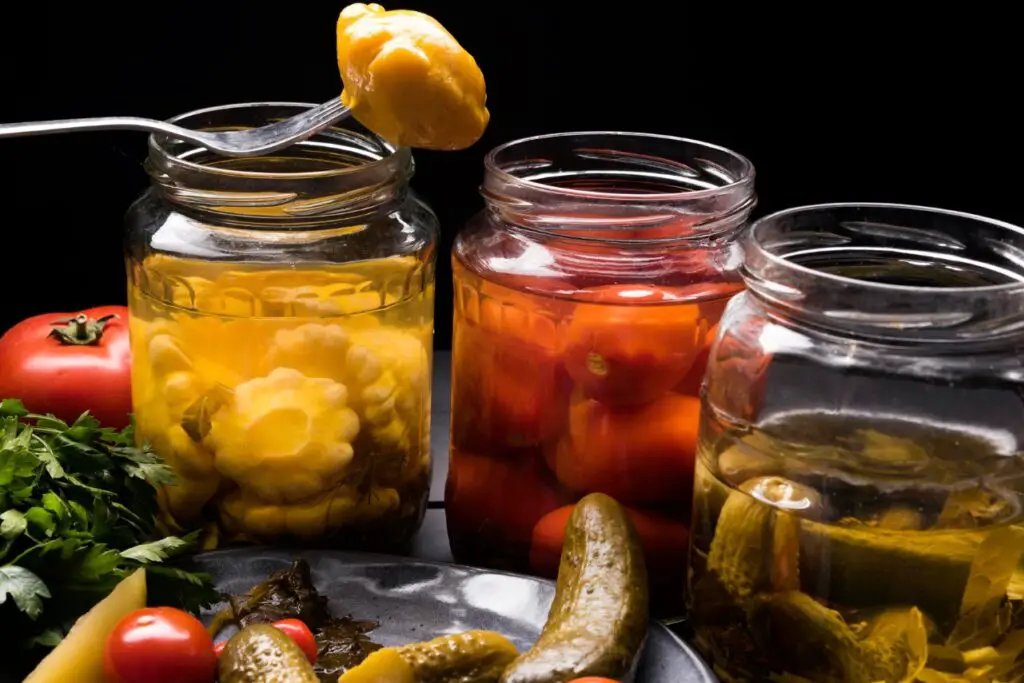
Have you ever had a “gut feeling” that something just isn’t right—and wondered if your gut might actually be trying to tell you something? Science confirms it: the trillions of tiny microbes living in your digestive system, known as your gut microbiome, don’t just help you digest food. They play a crucial role in your immunity, mental health, metabolism, and even how energetic (or sluggish) you feel each day.
One of the tastiest ways to keep those friendly bacteria thriving is by eating fermented foods. Fermentation unlocks a world of flavor and transforms ordinary ingredients into probiotic-rich powerhouses that can boost your digestion, help fight inflammation, and keep your gut—and the rest of you—feeling fantastic. The best part? These foods are delicious and versatile enough to fit into any meal of the day.
Get ready to transform your plate—and your gut health—with these 10 delicious fermented foods proven to keep your gut healthy and happy.
1. Yogurt
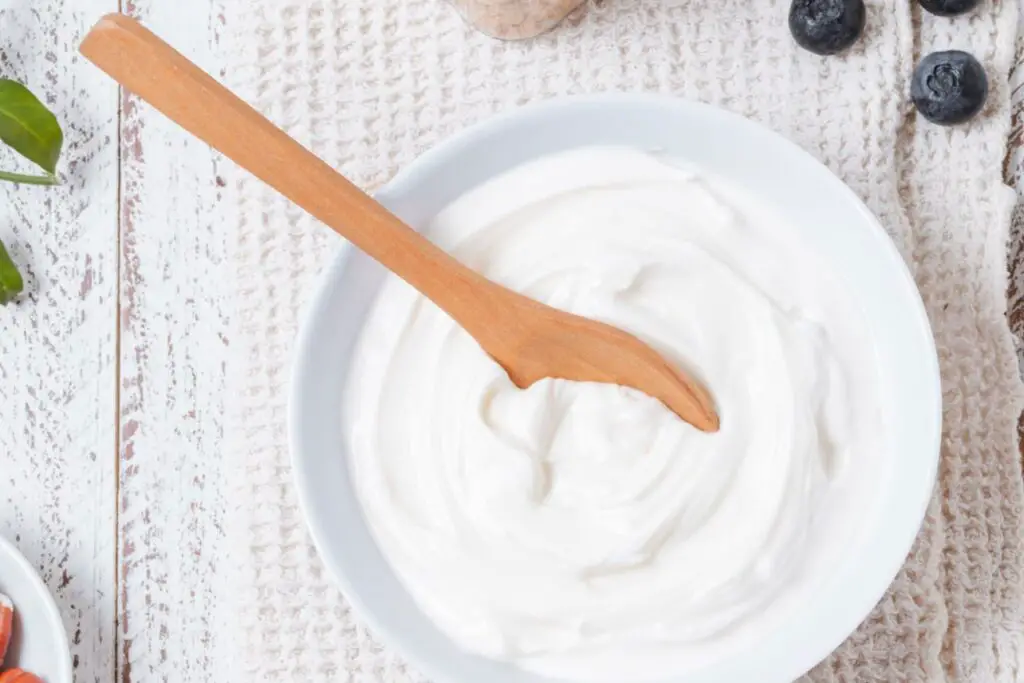
Yogurt is the ultimate gut-health MVP. This creamy delight is packed with live cultures like Lactobacillus and Bifidobacterium that help maintain a balanced gut microbiome, ease bloating, and may even enhance your immune system. Look for yogurt labeled “live and active cultures,” which guarantees you’re getting probiotics.
Beyond the breakfast bowl, yogurt is endlessly versatile: blend it into smoothies, use it as a base for dips and dressings, or enjoy it as a tangy dessert with a drizzle of honey and a handful of berries. Plus, plant-based varieties made from almond, coconut, or oat milk mean everyone can join the gut-health party.
2. Sauerkraut
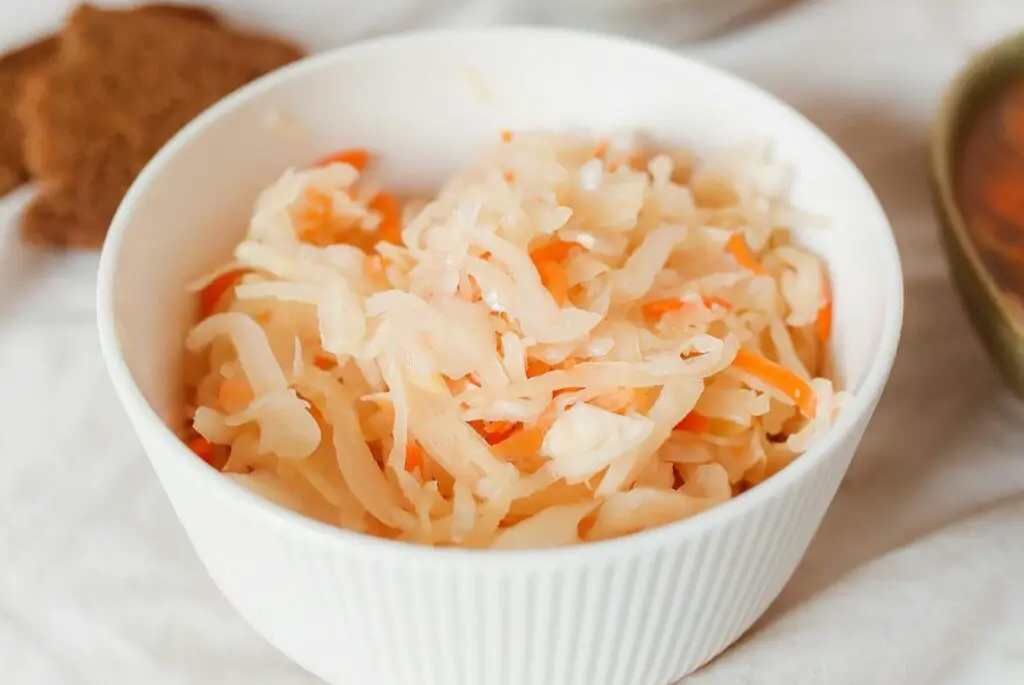
Sauerkraut might seem humble, but this simple mix of shredded cabbage and salt transforms into a probiotic goldmine through natural fermentation. Loaded with Lactobacillus bacteria, sauerkraut helps support digestion, reduce inflammation, and keep harmful microbes in check. It’s also high in fiber and vitamin C, offering extra health perks beyond probiotics.
Try adding sauerkraut to sandwiches, salads, wraps, or even scrambled eggs for a tangy, crunchy twist. Or snack on it straight from the jar if you’re a true fan of its sharp, zippy flavor.
3. Kimchi

Think of kimchi as sauerkraut’s bold, spicy cousin from Korea. Kimchi combines napa cabbage (and sometimes radishes or cucumbers) with chili pepper, garlic, ginger, and fish sauce or shrimp paste, creating a fiery, umami-rich condiment.
Beyond its incredible taste, kimchi is a probiotic powerhouse featuring strains like Lactobacillus kimchii, which can help support digestion, lower inflammation, and boost immunity. Enjoy it alongside rice bowls, in tacos, stirred into fried rice, or even layered into grilled cheese for a spicy, gut-loving upgrade.
4. Kefir
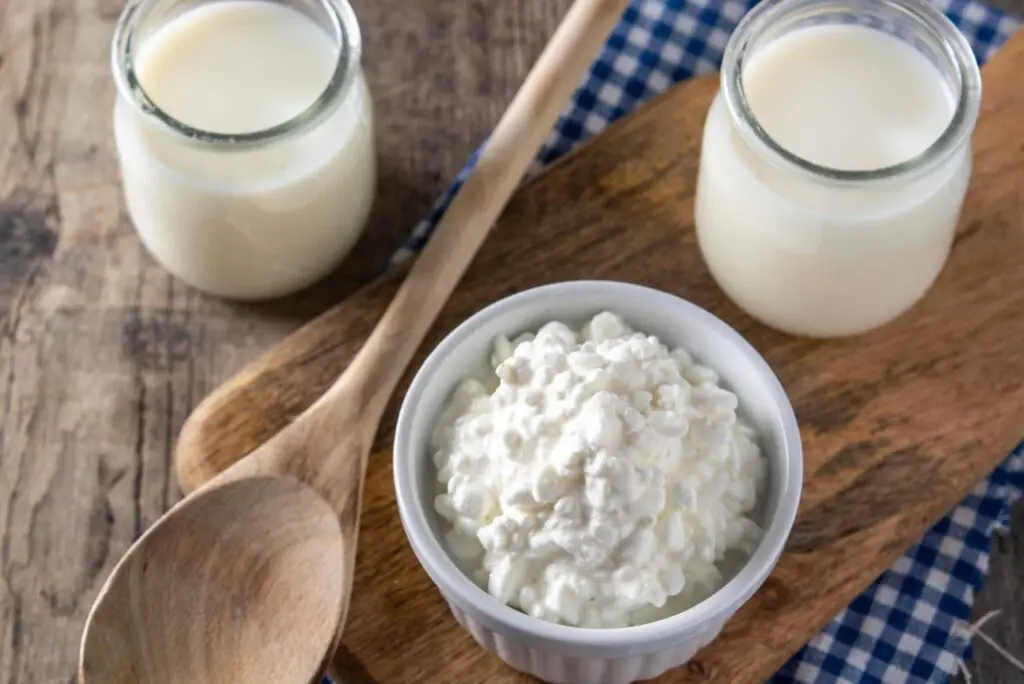
Kefir is like yogurt’s cool, drinkable cousin. It’s a fermented milk beverage teeming with up to 30 strains of beneficial bacteria and yeasts—making it one of the most diverse sources of probiotics around.
Research suggests kefir can ease digestive troubles, improve lactose tolerance, and support immune health. It’s tart, slightly fizzy, and perfect poured over cereal, blended into smoothies, or sipped solo for a refreshing snack. If dairy isn’t your thing, check out plant-based kefir made from coconut, almond, or oat milk for all the gut perks without the lactose.
5. Kombucha
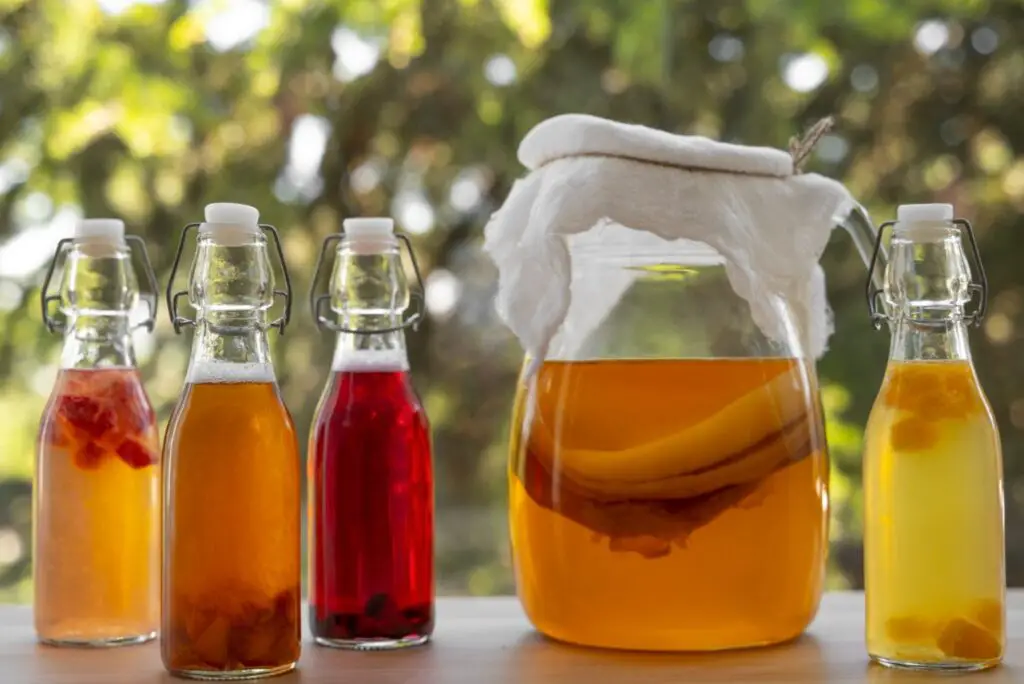
Kombucha has become the go-to drink for health enthusiasts—and with good reason. This fizzy, fermented tea is loaded with probiotics and organic acids that may help balance gut bacteria, aid digestion, and even promote liver health.
Its effervescent zing comes in flavors ranging from ginger-lemon to raspberry-mint, making it a delicious alternative to sugary sodas. However, keep an eye on the label—some kombuchas can be high in added sugars. Drink it chilled for a bubbly, gut-friendly refreshment any time of day.
6. Miso

Miso, a staple in Japanese cuisine, is a fermented paste made from soybeans, rice, or barley, and the mold Aspergillus oryzae. It’s not just tasty—it’s probiotic-rich and packed with minerals, vitamins, and antioxidants that support digestive and immune health.
While miso soup is the classic go-to, this savory umami bomb can be used in salad dressings, marinades, glazes, and dips. Try mixing a spoonful of miso into mashed potatoes, adding it to sauces, or even spreading it thinly on toast for a unique, gut-healthy snack.
7. Tempeh

Tempeh, an Indonesian staple, takes soybeans to the next level. Unlike tofu, which is made from soy milk, tempeh is made by fermenting whole soybeans, giving it a firm texture and nutty flavor.
This fermentation not only adds probiotics but also breaks down compounds that can make soy hard to digest for some people. Tempeh is a fantastic source of plant-based protein and fiber, supporting gut health and keeping you full and satisfied. Cube it into stir-fries, crumble it into tacos, or marinate and grill it as a hearty meat alternative.
8. Pickles (Fermented, Not Vinegar-Brined!)
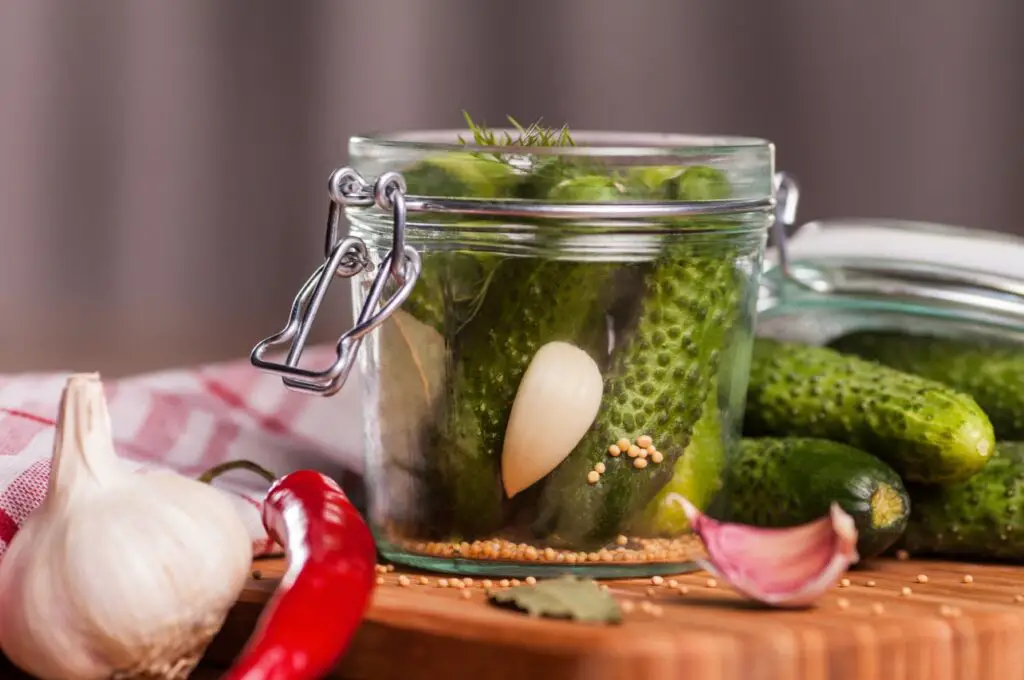
Pickles can be tricky territory when it comes to gut health. Many store-bought pickles are preserved in vinegar, which doesn’t support probiotic growth. The real gut-health winners are naturally fermented pickles made in a saltwater brine, allowing beneficial bacteria like Lactobacillus to flourish.
Fermented pickles aid digestion, fight harmful bacteria, and add a crisp, tangy crunch to any meal. Eat them as a snack, slice them onto burgers, or chop them into salads. Check labels for phrases like “naturally fermented” or “contains live cultures” to ensure you’re getting probiotic benefits.
9. Natto

Natto is one of Japan’s most traditional (and controversial) fermented foods. Made from soybeans fermented with Bacillus subtilis, natto has a strong, earthy flavor and a famously sticky, stringy texture. It’s an acquired taste—but one worth trying for serious gut-health benefits.
Natto is loaded with probiotics, enzymes that help digestion, and vitamin K2, which is vital for bone and cardiovascular health. Traditional Japanese breakfasts often feature natto mixed with rice, green onions, and soy sauce. Feeling adventurous? Natto might become your new gut-health secret weapon.
10. Sourdough Bread

If you thought bread was off the table for gut health—think again. Sourdough bread is made with a natural starter of wild yeasts and lactic acid bacteria that ferment the dough, creating its signature tangy flavor and chewy texture.
Although baking kills off live bacteria, the fermentation process still breaks down gluten and phytic acid, making sourdough easier to digest and better for nutrient absorption than many other breads. Use it for sandwiches, avocado toast, or just enjoy a warm slice with butter. Your gut (and your taste buds) will be delighted.
Final Thoughts
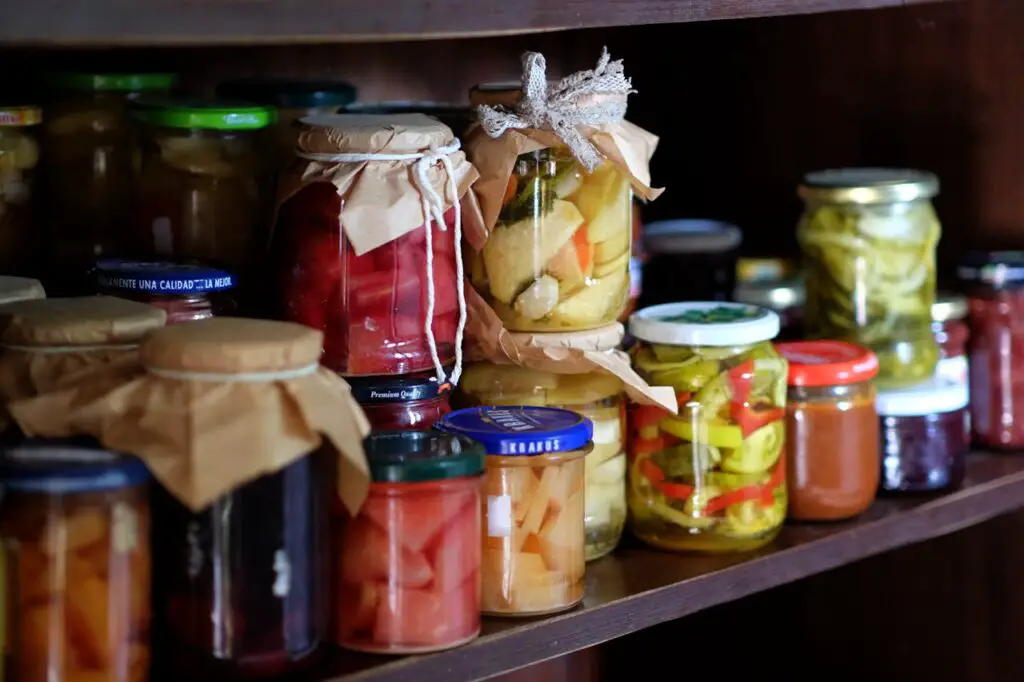
In a world full of diet fads and quick fixes, fermented foods stand out as a time-tested, delicious way to nourish your gut—and, in turn, your entire body. Think of your gut microbiome as a garden: the more diverse and well-fed it is, the better it flourishes. By weaving these flavorful, probiotic-rich foods into your daily meals, you’re supporting digestion, immunity, mood balance, and long-term wellness.
Start small if fermented foods are new to you, and explore one or two new options each week. Whether you’re crunching on sauerkraut, sipping kombucha, or savoring a slice of sourdough, you’re making an investment in your health that tastes as good as it feels.
Here’s to a happy gut—and a happier you!
Leave a Reply